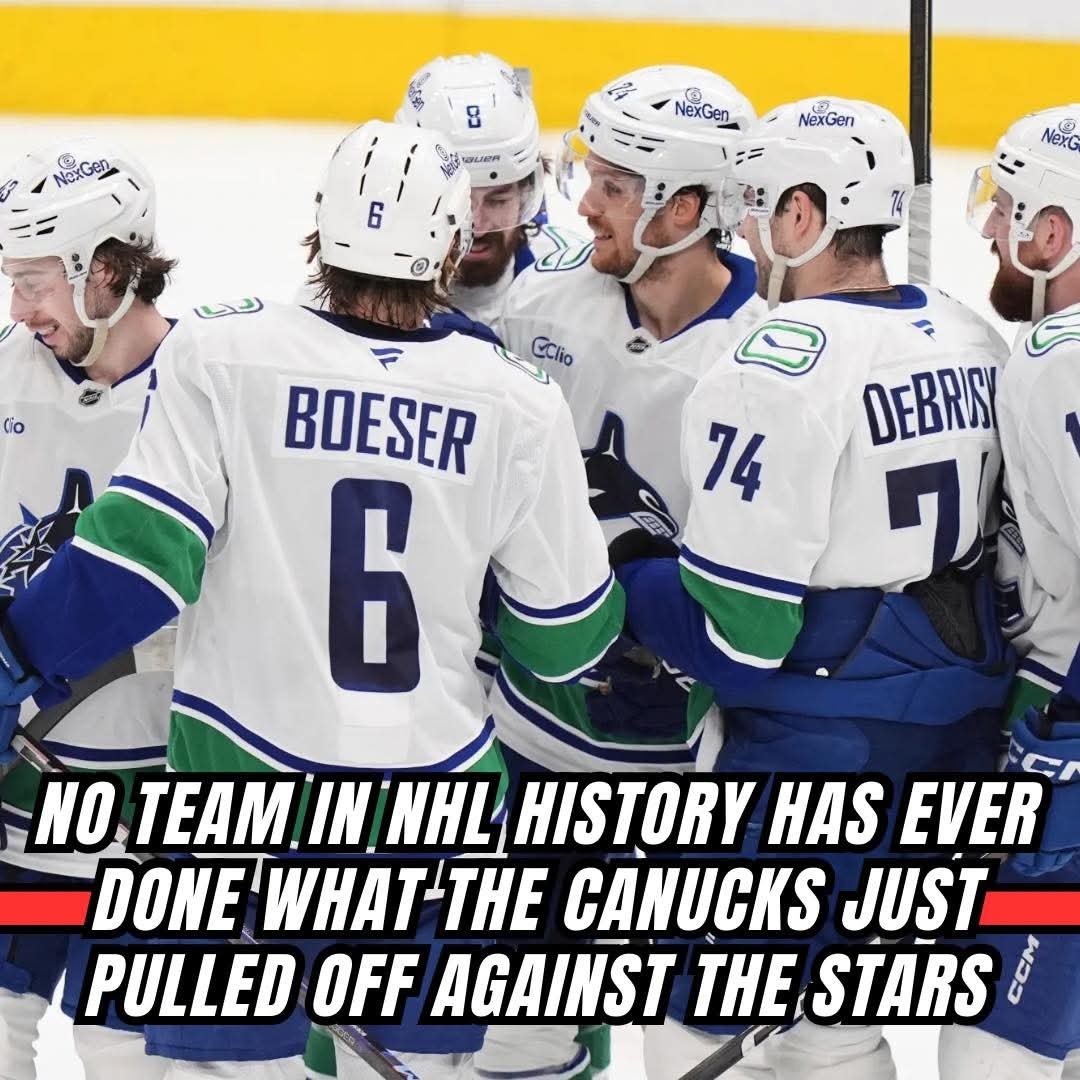Brock Boeser has turned down the latest contract offer from the Vancouver Canucks, bringing attention to the details of the proposed deal and the implications of his decision. With his contract set to
expire, the Canucks and Boeser are now racing against time to reach an agreement before key deadlines arrive.
Boeser’s Pending Free Agency and the Urgency of a Deal
As of July 1, Boeser will become an unrestricted free agent (UFA), meaning he will be free to sign with any team without the Canucks receiving compensation. The organization would prefer to avoid that outcome by securing his future before the March 7 trade deadline. If no agreement is reached by then, the Canucks may feel compelled to trade him rather than risk losing him for nothing.
This situation creates a tight window for negotiations, leaving both parties just a week to find common ground before external pressures increase. The primary sticking point in discussions is the length of the contract, known as the term. While Vancouver can legally offer Boeser an eight-year contract, the team would prefer to settle on a shorter deal.
The Offer on the Table
According to hockey insider Frank Seravalli of Daily Faceoff, the Canucks have presented Boeser with a five-year contract worth $40 million. This deal would carry an average annual value (AAV) of $8 million per season, making him the second-highest-paid forward on the roster behind Elias Pettersson.
While the proposed salary represents a modest increase from Boeser’s current $6.65 million per season, it does not address his primary concern: contract length. Rather than focusing on salary, Boeser is reportedly seeking a longer-term commitment, which is why he declined the offer.
Boeser’s Performance and Vancouver’s Hesitation
Boeser is coming off a standout season in which he reached the 40-goal mark, and he remains on pace for around 30 goals this year. His past injury concerns, which were a significant issue earlier in his career, have largely subsided. However, he did miss the playoffs last year due to blood clots.
Despite his strong offensive production, the Canucks appear uncertain about Boeser’s long-term outlook. One of the key concerns is his skating speed, which ranks in the lower 50th percentile among NHL wingers based on data from NHL Edge. This may explain Vancouver’s reluctance to commit to a lengthy deal.
Trade Talks as a Backup Plan
If a new contract is not agreed upon soon, Vancouver may explore the trade market for Boeser. However, the Canucks may not receive an ideal return, given his status as a pending UFA. Other teams could be hesitant to give up significant assets for a player they might lose in free agency just months later.
Sportsnet’s Elliotte Friedman has reported that Vancouver does not want to weaken their roster as they push for the playoffs. This makes a potential trade even more complicated, as the team would need to weigh the benefits of securing a return against the risk of losing a valuable scorer at a critical time.
A Decision Looms
With just days remaining before the trade deadline, negotiations are expected to intensify. Whether Boeser and the Canucks can reach a compromise or whether he is moved to another team remains to be seen. Either way, the decision will have a significant impact on both Boeser’s career and Vancouver’s immediate and long-term future.



